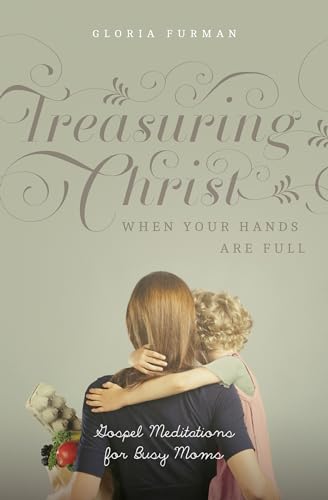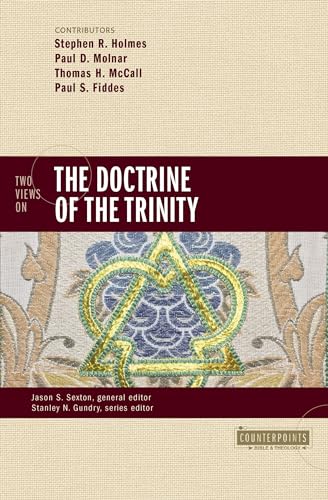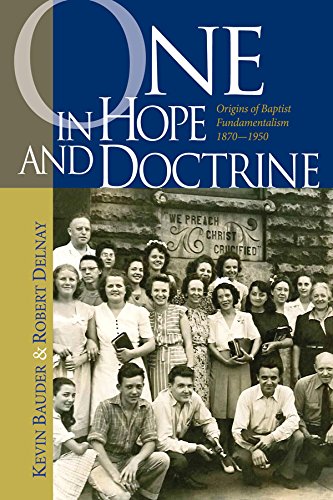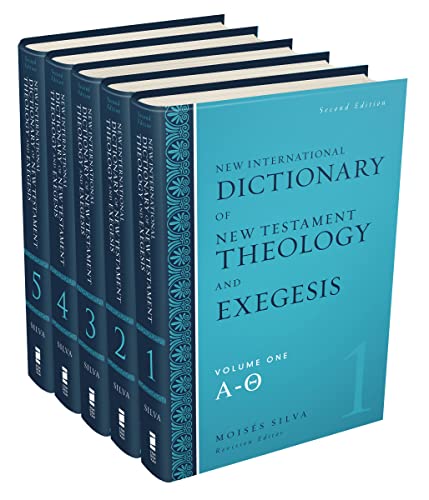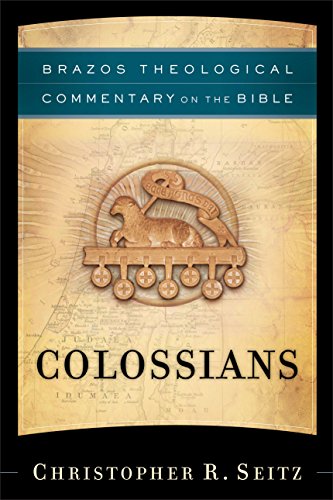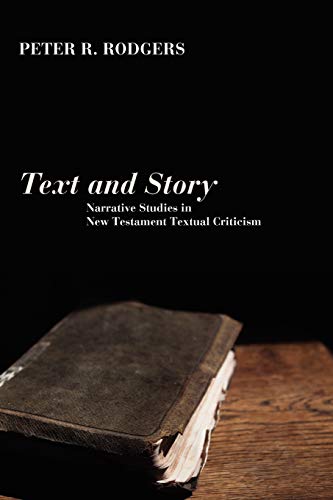Treasuring Christ When Your Hands Are Full: Gospel Meditations for Busy Moms
Written by Gloria Furman Reviewed By Kristin TabbAs the mother of a kindergartener, preschooler, and newborn, I read this book with my hands full, often perusing it on my iPhone with time snatched here and there. Gloria Furman is a mother of four and pastor’s wife living in the Middle East. She writes with humility, empathy, and wisdom, as one who knows what it’s like to yell instructions over one shoulder while pulling bed sheets out of the dryer and remembering with dismay that the meat hasn’t yet been defrosted for tonight’s dinner. Her winsome way gained my ear at once; her winsome expression of Christ’s glory through the unique lens of motherhood quickly gained my heart’s attention as well.
Theological truth permeates Furman’s work, creating a soul-satisfying meal for mothers who wonder whether what they are doing makes any kind of difference in God’s kingdom. This places her in the ranks with up-and-coming younger-generation authors who have a passion for applying the gospel to the daily grind (e.g., Kimm Crandall, Aimee Byrd, and Rachel Jankovich). What sets Furman apart is her whole-Bible approach to theology. Whereas Jankovich might use a microscope lens to apply specific aspects of the gospel to specific moments in parenting, Furman uses a macro lens to bring the themes of redemptive history to bear on a baby’s wake-up cry at midnight (for example). Both are helpful.
In Part 1 (“God Made Motherhood for Himself”) Furman states that God has designed mothers to reflect the image of God and the glory of Christ in a singular way through their maternal instinct “to love, to exercise patience, to endure pain, and to work for the good of her children” (p. 40). She explains how the gospel orients mothers toward holiness as they work, freeing them to enjoy God and grow spiritually. She points out that participation in the “mommy wars” hinders Christian fellowship: “We treasure Christ when we treasure our sisters whom Jesus died to save” (p. 41). And yet, rather than giving moms a pass because of the challenges of our role, Furman calls us to have an eternal perspective, daily recalling our hope in Christ. “If we want to give grace to our children, then first we must be willing to receive it ourselves from God” (p. 63). Confessing our own sin to our children can help us display God’s grace at work in our lives.
In Part 2 (“Motherhood as Worship”), Furman reminds us that God ordains the disruptions in our day and desires communion with us in them. She addresses areas in which mothers often experience lack—of love, wisdom, and strength. She reminds us that mothers love because God first loved us: in imitation of Christ, mothers love by allowing their lives to be complicated by the immaturity, sin, and weaknesses of children, while believing that the sacrifices made are a greater reward than the convenience of not having made them. Furman pushes moms to forsake their own parenting wisdom in favor of God’s wisdom, which comes through the fear of the Lord. Loving and obeying Christ take precedence over decisions about meal plans or nap schedules. The gospel enables us to rely on God’s strength rather than our own.
Furman then applies the gospel to specific heart issues mothers often face; for example, our desire to achieve mothering perfection and our failure to achieve this desire. Our greatest need is to be rescued from our sin. On our victorious days, God gets the glory for giving us the fruit of his Spirit. And in our failures, we can still see God’s redemption at work and find security in Christ’s performance rather than ours. “Our position in Christ lets loose a whole host of joys that transform our mothering” (p. 117). When we glorify Christ rather than ourselves (by becoming “supermom”), we see God’s grace at work in our weaknesses.
Furman concludes the book by counseling moms to avoid both apathetic and idolatrous views of motherhood. Motherhood is a sign of God’s mercy after Adam and Eve sinned and had to leave the garden. They were condemned to die; but God’s promise of life via Eve was a gift that hinted at Christ’s coming victory over sin, death, and Satan. “As mothers nurture life by faith, they participate in the eschatological triumph of Christ’s victory over sin and death” (p. 143, emphasis original).
Furman creates a niche for herself both in her sincere and humble tone, as well as in her whole-Bible approach to motherhood, beginning with Eden, taking us through Christ’s victory over sin and death, and reminding us of our position in Christ. Although her transitions can be slightly awkward at times, Furman has a knack for connecting mothers’ seemingly mundane moments to deep theological truth. For example, in one of the book’s most powerful passages, she asserts that a baby’s cries silence Satan. “That little baby bears the image of the Holy One. On the cosmic stage of God’s glory displayed in the universe, the infant’s cries silence the insolent boasts of God’s enemy. God ordained that life would continue despite the devil’s decrepit handmaiden, death. God granted that eternal life prevail through his Son” (pp. 80–81).
By applying a gospel lens to temptations common to mothers, Furman orients readers to God’s glory in the task of parenting. Mothers who either feel that their work lacks meaning, or who are tempted to glorify their mothering, will be encouraged by how the gospel addresses common tendencies to idolize, boast in, or lament motherhood. I’m thankful for authors like Furman who remind us that busy mothers are simply jars of clay through which Christ’s surpassing strength and glory (not theirs) are revealed.
Kristin Tabb
Kristin Tabb
Bethlehem College & Seminary
Minneapolis, Minnesota USA
Other Articles in this Issue
The account of Abraham's near-sacrifice of Isaac has been and will likely continue to be violently applied so long as the dominant misunderstanding of the text prevails...
In recent years, a growing cadre of younger historians has begun publishing significant books on the history of American evangelicalism...
Romans 4 remains a central text in the debate over the New Perspective on Paul...
Within the intra-Reformed debate over baptism, covenant theology is a crucial aspect in determining one's position...
‘Fathers of Faith, My Fathers Now!’: On Abraham, Covenant, and the Theology of Paedobaptism
by David GibsonThe figure of Abraham creates a covenantal framework for biblical theology that allows baptism to be considered in relation to the Bible's developing story line...


